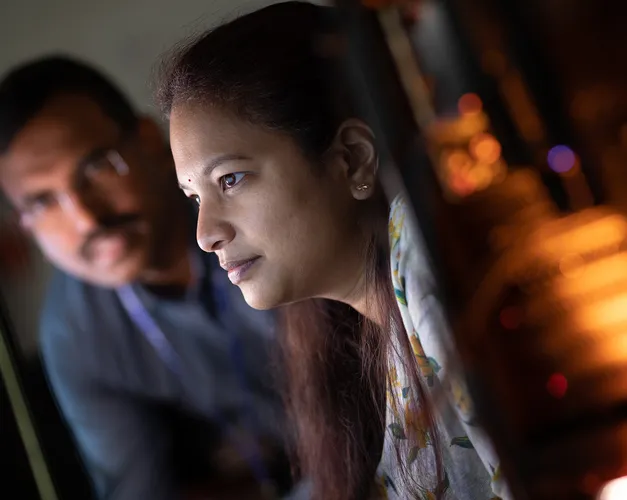Chronic Pain Research Group
We use multi-disciplinary scientific approaches, and learning from people living with pain, to understand the mechanisms, impact and treatment of chronic pain, in order to improve its prevention, management and outcomes

Globally, chronic pain is the leading cause of years lived with disability. In the UK, around 20% of people currently suffer from chronic pain and many find it difficult to continue working and take part in meaningful social activities. This negatively impacts on quality of life. Chronic pain has a large financial impact, estimated at £12 billion in the UK in 2010, and disproportionately affects older people and those living in deprivation or isolation. These challenges are therefore expected to increase.
Analgesics, such as opioids, may be unhelpful as a long-term treatment strategy, with limited efficacy and significant harms. We therefore need to identify and implement effective non-pharmacological management approaches, while seeking novel targeted analgesics. We need robust scientific research to understand what causes chronic pain, who is at greatest risk, how it can be prevented, and how best to treat and manage it.
The Chronic Pain Research Group in Dundee was established in 2011 as a collaborative multidisciplinary team, co-led by Professors Blair H. Smith and Lesley Colvin, who are both also Honorary Consultants in the NHS Tayside Pain Service. There is a focus on using a precision medicine approaches to better understand pain mechanisms, risk factors, and vulnerability, and also on development of targeted interventions (both pharmacological and non-pharmacological). Particular areas of interest include neuropathic pain, cancer and cancer-treatment related pain, opioids and gabapentinoids (pharmacoepidemiology, and associated harms such as addiction), and life course effect of childhood adversity.
The CPRG team is diverse in experience and expertise, and includes clinical and experimental medicine (clinical trials, phenotyping and biomarkers), genetics and epidemiology, pharmacoepidemiology. We aim for full inclusion of people living with pain, at all stages of research development and dissemination.
Follow us on: